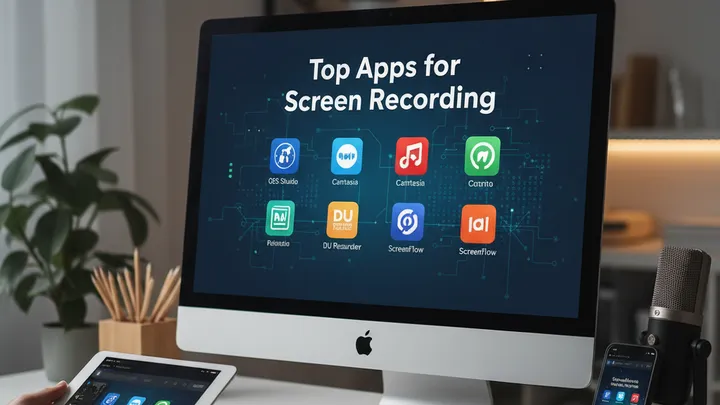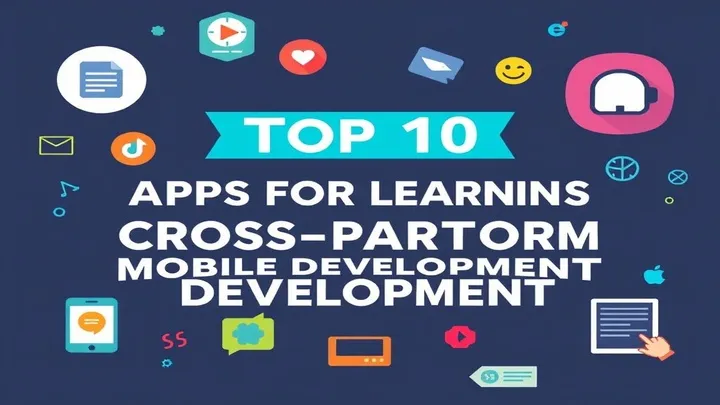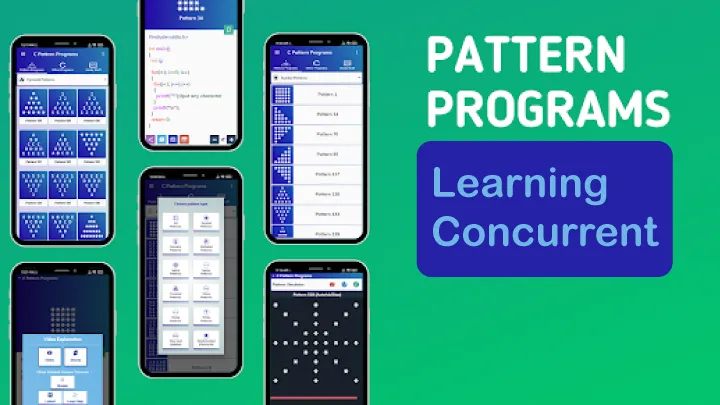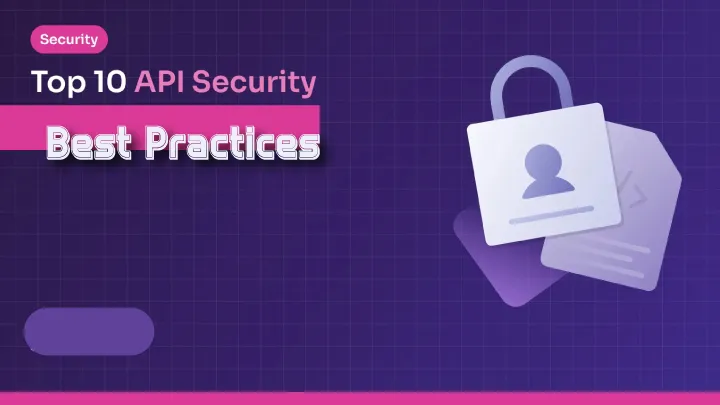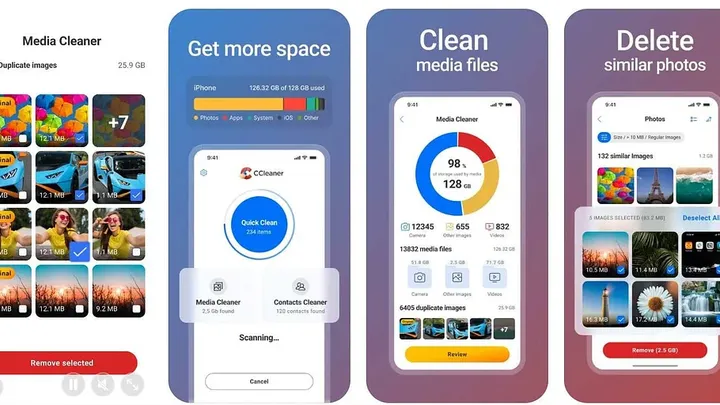Introduction
Asynchronous programming techniques enable non-blocking code execution for responsive apps, managing callbacks, promises, and coroutines to handle I/O and parallelism in 2025's multi-threaded world, where async skills boost performance by 50% in mobile and web dev at companies like Netflix and Uber. Mobile apps make this practice portable with interactive runners, concurrency visualizers, and challenges, turning commutes into async drills without a full IDE. This review curates the top 9 apps for async mastery, selected from 2025 app store ratings, concurrency forums, and insights from sources like freeCodeCamp and GeeksforGeeks. Each app details features, strengths, and weaknesses (as tailored paragraphs), with an overall evaluation without scores. From novices chaining promises to pros debugging race conditions, these iOS- and Android-optimized platforms provide over 2000 words of non-blocking guidance to async your development anywhere.
1. Codecademy
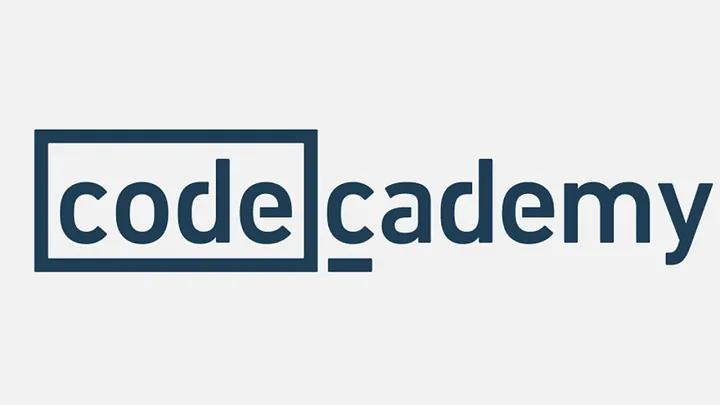
Overview: Codecademy Go integrates async techniques in JavaScript and Python paths, teaching promises, async/await, and generators through interactive exercises.
Strengths: Guided challenges compose async flows like API fetches with error handling, with instant feedback on race simulations. Syncs progress for flexible sessions, free basics cover Node.js callbacks. Premium $19.99/month unlocks advanced RxJS streams, community shares async snippets. Ties to web/mobile for full-stack context.
Weaknesses: Mobile editor throttles complex promise chains, coverage favors JS over Swift. Free caps projects, assumes basic concurrency.
Overall Evaluation: Codecademy immerses async via promise chains, ideal JS devs, though throttles limit depth.
2. freeCodeCamp
Overview: freeCodeCamp's app embeds async in JS algorithms, practicing promises via challenges and projects like fetch streamers.
Strengths: Free ad-free 300+ hours build with runners on async before sync code. Offline sections download, certifications portfolio-boost. Community reviews submissions on waterfall vs concurrent.
Weaknesses: Embedded in JS track, skimps Python asyncio. Basic challenges, no multi-thread sims. Self-paced risks gaps.
Overall Evaluation: freeCodeCamp frees async JS basics, solid self-learners, breadth constrained.
3. SoloLearn
Overview: SoloLearn gamifies async in JS and Python courses, with quizzes on generators and playgrounds for concurrent prototypes.
Strengths: Free 20M+ community shares async patterns, XP streaks daily awaits. Offline quizzes instant feedback. Bite-sized blends fun with event loops.
Weaknesses: Introductory skips advanced like Kotlin coroutines, playground no visualizers. Ads disrupt.
Overall Evaluation: SoloLearn energizes entry async socially, fun newbies, depth wanting.
4. Mimo
Overview: Mimo's 5-min lessons cover JS promises and Python asyncio, with projects prototyping non-blocking UIs.
Strengths: Streaks motivate, previews live changes for concurrent fetches. Free basics include callback intros, $9.99/month unlimited paths. Culminates in deployable async apps.
Weaknesses: Short skips architectures, JS-heavy over Go. Repetitive after basics.
Overall Evaluation: Mimo quickens async skill-ups busy, suits refreshers over depth.
5. Enki
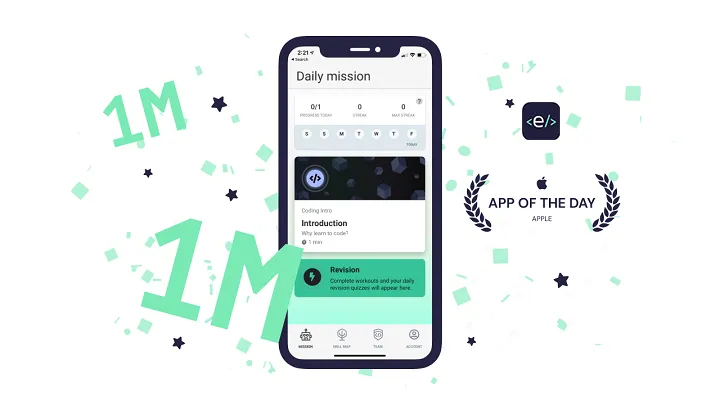
Overview: Enki's workouts adapt to JS async iterators and Python tasks, flashcards challenging retention.
Strengths: AI paths target weaknesses like deadlock avoidance, 10-min sessions streaks. Free cores, $7.99/month labs. Offline, analytics score flows.
Weaknesses: No project builders, quiz-like less hands-on. JS/Python tilt omits Rust. Premium gates advanced.
Overall Evaluation: Enki habits async daily intermediates, snippet limits holistic.
6. Programming Hub
Overview: Programming Hub modules JS and Python for promises/asyncio, compilers and videos for concurrent builds.
Strengths: Compiler runs concurrent tests offline, $6.99/month certs. Examples real apps, progress gamifies. Broad includes Swift.
Weaknesses: Scattered tracks, UI dated. Oversimplifies race conditions.
Overall Evaluation: Programming Hub certifies multi-lang async affordably, versatile, fragmentation dilutes.
7. Coursera
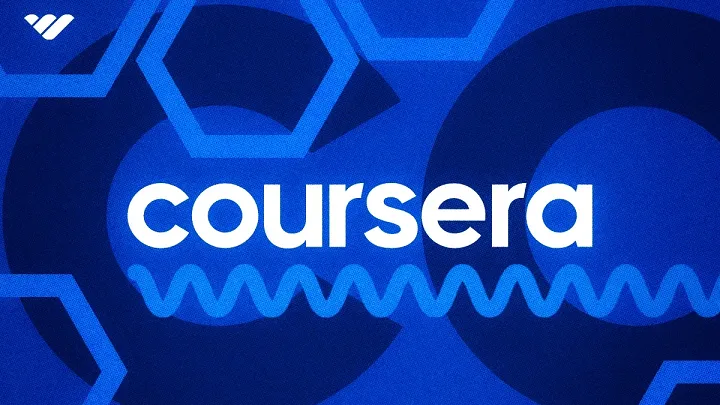
Overview: Coursera's app delivers specializations like "Asynchronous Programming" from universities, with quizzes and peer-graded concurrent projects.
Strengths: Free audits core, $49/month Plus certs via projects deploying async apps. Offline lectures, forums debug thread safety. Sequences callbacks to actors.
Weaknesses: Video-heavy hampers mobile coding, labs desktop-better. Free skips grading.
Overall Evaluation: Coursera academics async with peers, great credentials, interactivity lags.
8. Udacity
Overview: Udacity's nanodegree app focuses on Android Async, teaching Kotlin coroutines with mentorship on event loops.
Strengths: Mentor reviews concurrent prototypes, $399/month career services. Offline projects, sims like UI updates. Nano paths integrate RxKotlin.
Weaknesses: Steep price casuals, app supplements web. Assumes async basics.
Overall Evaluation: Udacity mentors async pros jobs, committed value, cost prereqs limit.
9. Pluralsight
Overview: Pluralsight's app streams async paths in .NET and JS, with assessments, labs, and challenges on parallelism.
Strengths: Skill IQs identify gaps like async streams, $29/month unlocking labs simulating deadlocks. Offline videos, role maps link to dev roles. Covers 2025 trends like async generators.
Weaknesses: Labs net-reliant, mobile skips deep editors. Enterprise tilt light on mobile.
Overall Evaluation: Pluralsight assesses async progressively, great pros, connectivity tests offline.
Conclusion
Mastering asynchronous programming techniques on mobile non-blocks 2025's concurrent revolution, from UIs at React to backends at Node, and these nine apps await your ascent portably. Beginners freeCodeCamp promises or SoloLearn quizzes, intermediates Codecademy chains or Coursera theory. Standouts Enki habits, Pluralsight assessments—but editors' limits or focuses urge stacks. As actor models surge, adapt. Await daily, concurrent code, blend apps to async empires that flow flawlessly.








